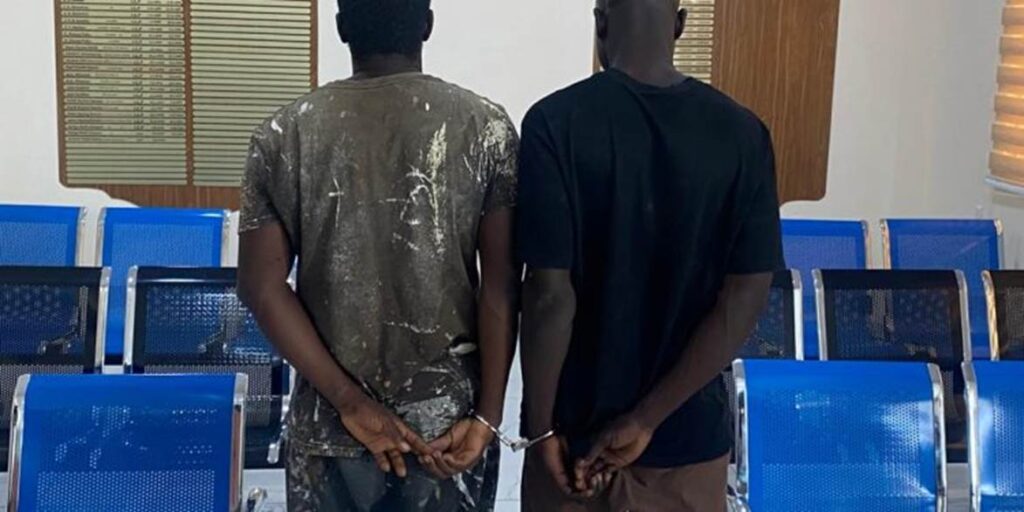Wa Murder Suspect Confesses as Police Probe Serial Killings Across Savannah Region
By Philip Antoh

A chilling confession has shattered years of speculation in the Upper West Region, as 30-year-old Sherif Abdulai admitted to killing at least 15 individuals since 2021, in what police now describe as one of the country’s most disturbing serial murder cases in recent memory.
Abdulai was arrested in Adabiya, a suburb of Wa, following weeks of coordinated intelligence work by the Upper West Regional Police Command. His capture came shortly after the arrest of a second suspect, 25-year-old Mahamuda Lamin, linked to the recent murder of night watchman Yahaya Issah near Wa New Market.
ACP Francis Yiribarie, the Regional Commander, confirmed that Abdulai a former convict confessed to a string of killings targeting night watchmen and mentally ill individuals. His victims, police say, were often abducted under the cover of darkness, carried on his shoulder, and buried in nearby bushes.
Beyond Wa Municipality, Abdulai admitted to five additional murders in Bole, Banda Nkwanta, and Bamboi. The victims included three mentally ill men, two watchmen, and a mentally ill woman. Police recovered personal items belonging to the deceased Issah, including a mobile phone and solar-powered radio, from Abdulai’s hideout near the Wa Airstrip.
A search of the site uncovered a cutlass with modified edges, a bicycle, and a sack containing meat believed to be linked to the killings. Forensic analysis is ongoing, and investigators are probing whether Abdulai acted alone or as part of a wider network.
Mahamuda Lamin has been remanded by the Wa Magistrate Court and is expected to reappear on 21 October. Police have not ruled out further arrests, as the investigation expands across the Savannah Region.
The confession has brought a measure of relief to residents of Wa, who have lived under a cloud of fear following a series of unsolved killings of watchmen over the past four years. The police credited the breakthrough to public cooperation and praised Inspector-General Christian Tetteh Yohuno for his leadership.
“We are determined to eliminate criminal elements from our society and ensure justice for the families affected,” ACP Yiribarie said, vowing to pursue the case to its full conclusion.
While the confession marks a turning point, the scale and brutality of the crimes have raised questions about gaps in surveillance, mental health protections, and the vulnerability of night workers in Ghana’s urban peripheries.
For now, the Republic watches closely as the investigation unfolds—hoping that justice, long delayed, will not be denied.


